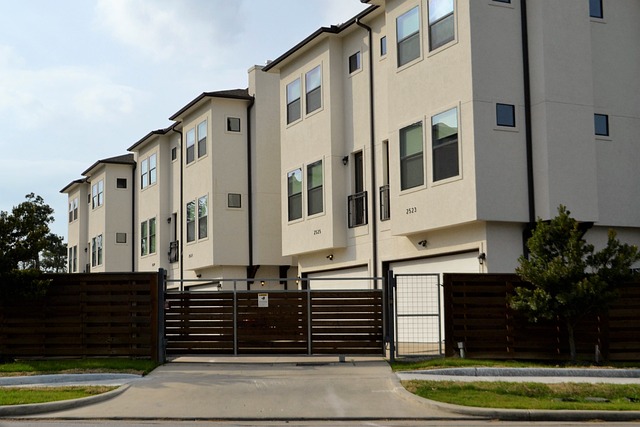
25 Sep Rent increases for commercial properties under scrutiny
Rent increases for commercial properties under scrutiny
Facts
Tenants of commercial properties face significant rent increases. These increases are due to annual rent indexations based on the Consumer Price Index (CPI) price index from the Central Bureau of Statistics (CBS).
The average annual indexation in recent years was only 1.66%. In 2021, energy prices worldwide began to rise, so the price increases for gas and electricity measured by CBS no longer accurately reflected what households actually saw on their energy bills. This resulted in unexpectedly high rent increases tied to the CPI, part of which was due to rising energy costs.
CBS acknowledged in early 2022 that the current calculation formula is not suitable for current energy prices. In response, CBS has announced that a new calculation method will be used beginning in June 2023 to better reflect the effects of energy prices on indexation.
Despite these changes, many landlords continue to stick with the old CPI index as previously applied by CBS. This raises the question of whether this is justified given the sharp increase in the CPI and its impact on rent increases for commercial properties. This has led to legal proceedings in which parties rely on legal grounds such as “unforeseen circumstances” and “reasonableness and fairness.”
On May 4, 2023, the preliminary relief judge of the District Court of The Hague ruled on the issue for the first time.
The ruling
This case involved the lease of a commercial space under Section 7:230a of the Civil Code, where the ROZ model lease agreement with General Provisions applied. Based on the CPI, the rent indexation would be 14.5%. However, the tenant did not agree to this indexation, which led to summary proceedings in which the landlord demanded that the tenant be required to pay rent based on the 14.5% indexation.
The interim relief judge ruled that there was no unforeseen circumstance under Section 6:258 of the Civil Code. The significant increase in inflation due to geopolitical events, such as the Russian invasion of Ukraine, did not in itself constitute grounds for amending the indexation clause, according to the preliminary injunction court. Indeed, the lease already provided for such circumstances through Article 17 of the General Provisions, which regulated how the price increase was to be incorporated into the rent.
However, the preliminary injunction court did conclude that a situation could exist where the tenant could not reasonably be held to the unchanged application of the agreed indexation clause. This was because the landlord’s desired rent increase of 14.5% was based on a calculation method that, according to CBS itself, was no longer adequate because of the impact of increased energy prices. Indeed, CBS had already indicated in 2022 that the impact of these rising energy prices on the index had not been calculated correctly, leading to adjustments in their methodology.
Therefore, the preliminary injunction judge referred to Article 17.4 of the General Provisions. This article provides that if CBS stops publishing the said price index or changes the basis of calculation, an adjusted or comparable index must be used. If there are disputes over this figure, the most interested party may seek a binding opinion from the Director of CBS, with costs shared by both parties.
According to the preliminary injunction judge, the parties must enter into consultation based on this article. If they cannot agree on the index figure, they should ask the director of CBS for binding advice.
What does this mean for you?
It is important to realize that this is a ruling by the preliminary injunction judge, and there is no final ruling on the merits or appeal yet. While it is likely that other judges will follow this line, this cannot be said with certainty.
Moreover, the interim relief judge based his ruling specifically on Article 17.4 of the General Provisions to the 2015 ROZ Model Lease Agreement. The interim relief judge did not rule on the limiting effect of reasonableness and fairness (Section 6:248 of the Civil Code).
For tenants who faced rent increases based on the CPI in 2022 and 2023, this ruling offers some hope that these increases can be deemed unreasonable.
Moreover, CBS has announced that from June 2023 the new calculation method will be applied for published inflation figures. This provides clarity for rent indexation in 2022 and beyond, as parties now know what inflation rates to use.
It is important to note that the figures published through May 2023 are not revised based on CBS’ new calculation method. This does not automatically mean that the old inflation figures should be used, given the preliminary injunction judge’s opinion that these figures are not realistic. The CPI is not sufficient as the sole justification, as there is a reasonable chance that the court will still moderate the rent indexation based on reasonableness and fairness.
In summary, it seems likely that landlords will not be able to maintain rent increases of more than 10%. The appropriate course is to submit the dispute to the director of CBS for a binding benefit. The alternative is to await further developments in the judiciary while the situation is still developing.
Questions about the above? Contact Harry Voermans.

